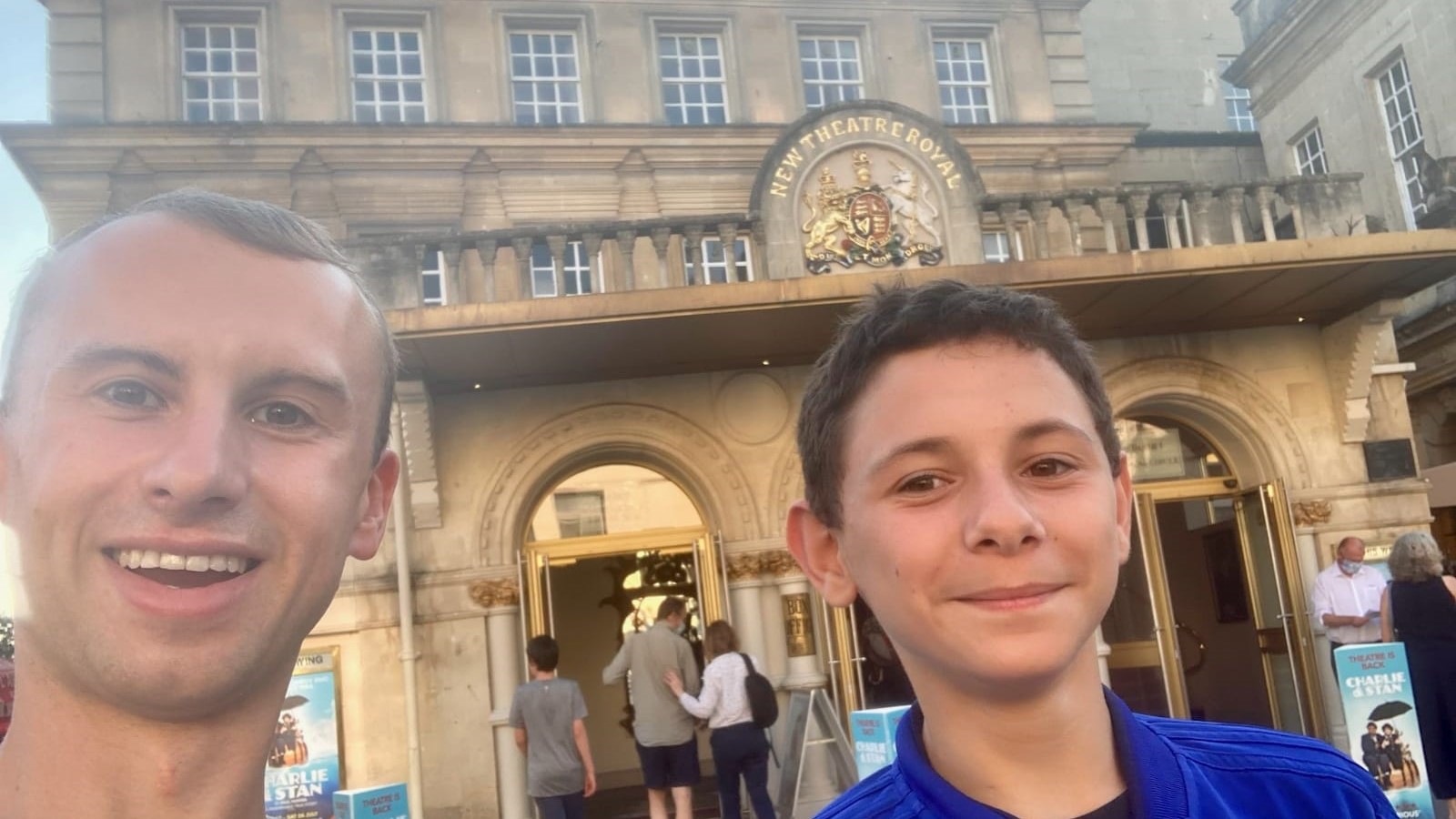Life for young people today can be incredibly challenging. Poor mental health, low self-esteem, anxiety, and loneliness are just some of the issues the young people we support are struggling with.
However, when you begin your journey with your mentee, all you'll know are the things that truly matter - their interests and the hopes they hold for the time they'll spend with you. You'll be a positive role model in their lives, making a difference one step at a time












